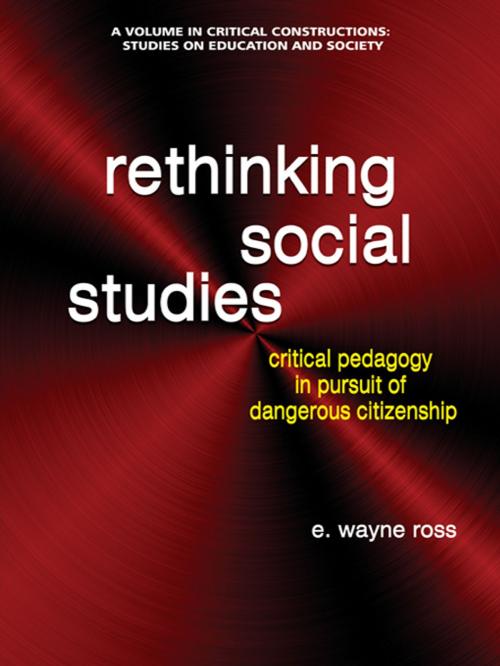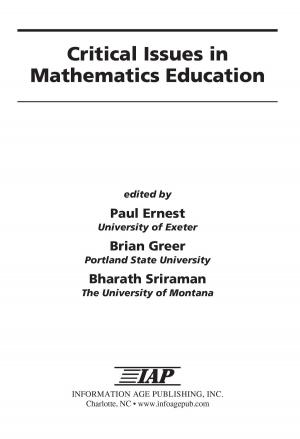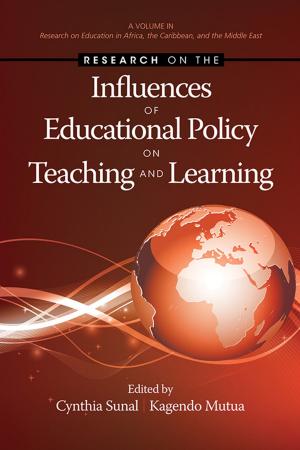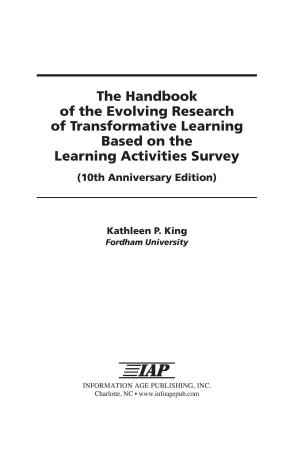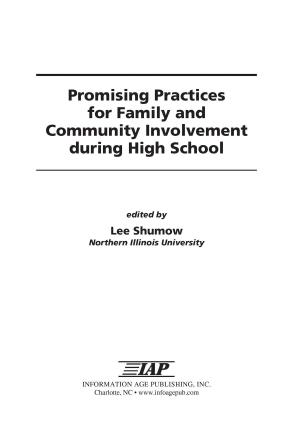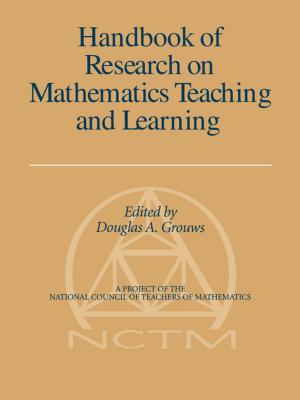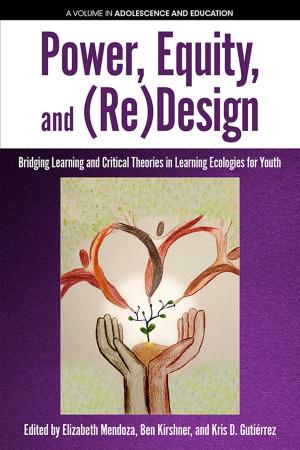Rethinking Social Studies
Critical Pedagogy in Pursuit of Dangerous Citizenship
Nonfiction, Social & Cultural Studies, Social Science, Methodology, Reference & Language, Education & Teaching, Teaching, Teaching Methods| Author: | E. Wayne Ross | ISBN: | 9781681237572 |
| Publisher: | Information Age Publishing | Publication: | March 1, 2017 |
| Imprint: | Information Age Publishing | Language: | English |
| Author: | E. Wayne Ross |
| ISBN: | 9781681237572 |
| Publisher: | Information Age Publishing |
| Publication: | March 1, 2017 |
| Imprint: | Information Age Publishing |
| Language: | English |
Like the schools in which it is taught, social studies is full of alluring contradictions. It harbors possibilities for inquiry and social criticism, liberation and emancipation. Social studies could be a site that enables young people to analyze and understand social issues in a holistic way finding and tracing relations and interconnections both present and past in an effort to build meaningful understandings of a problem, its context and history; to envision a future where specific social problems are resolved; and take action to bring that vision in to existence. Social studies could be a place where students learn to speak for themselves in order to achieve, or at least strive toward an equal degree of participation and better future. Social studies could be like this, but it is not. Rethinking Social Studies examines why social studies has been and continues to be profoundly conversing in nature, the engine room of illusion factories whose primary aim is reproduction of the existing social order, where the ruling ideas exist to be memorized, regurgitated, internalized and lived by. Rethinking social studies as a site where students can develop personally meaningful understandings of the world and recognize they have agency to act on the world, and make change, rests on the premises that social studies should not show life to students, but bringing them to life and that the aim of social studies is getting students to speak for themselves, to understand people make their own history even if they make it in already existing circumstances. These principles are the foundation for a new social studies, one that is not driven by standardized curriculum or examinations, but by the perceived needs, interests, desires of students, communities of shared interest, and ourselves as educators. Rethinking Social Studies challenges readers to reconsider conventional thought and practices that sustain the status quo in classrooms, schools, and society by critically engaging with questions and issues such as: neutrality in the classroom; how movement conservatism shapes the social studies curriculum; how corporate?driven education affects schools, teachers, and curriculum; ways in which teachers can creatively disrupt everyday life in the social studies classroom; going beyond language and inclusive content in social justice oriented teaching; making critical pedagogy relevant to everyday life and classroom practice; the invisibility of class in the social studies curriculum and how to make it a central organizing concept; class war, class consciousness and social studies in the age of empire; what are your ideals as a social studies education and how do you keep them and still teach?; and what it means to be a critical social studies educator beyond the classroom.
Like the schools in which it is taught, social studies is full of alluring contradictions. It harbors possibilities for inquiry and social criticism, liberation and emancipation. Social studies could be a site that enables young people to analyze and understand social issues in a holistic way finding and tracing relations and interconnections both present and past in an effort to build meaningful understandings of a problem, its context and history; to envision a future where specific social problems are resolved; and take action to bring that vision in to existence. Social studies could be a place where students learn to speak for themselves in order to achieve, or at least strive toward an equal degree of participation and better future. Social studies could be like this, but it is not. Rethinking Social Studies examines why social studies has been and continues to be profoundly conversing in nature, the engine room of illusion factories whose primary aim is reproduction of the existing social order, where the ruling ideas exist to be memorized, regurgitated, internalized and lived by. Rethinking social studies as a site where students can develop personally meaningful understandings of the world and recognize they have agency to act on the world, and make change, rests on the premises that social studies should not show life to students, but bringing them to life and that the aim of social studies is getting students to speak for themselves, to understand people make their own history even if they make it in already existing circumstances. These principles are the foundation for a new social studies, one that is not driven by standardized curriculum or examinations, but by the perceived needs, interests, desires of students, communities of shared interest, and ourselves as educators. Rethinking Social Studies challenges readers to reconsider conventional thought and practices that sustain the status quo in classrooms, schools, and society by critically engaging with questions and issues such as: neutrality in the classroom; how movement conservatism shapes the social studies curriculum; how corporate?driven education affects schools, teachers, and curriculum; ways in which teachers can creatively disrupt everyday life in the social studies classroom; going beyond language and inclusive content in social justice oriented teaching; making critical pedagogy relevant to everyday life and classroom practice; the invisibility of class in the social studies curriculum and how to make it a central organizing concept; class war, class consciousness and social studies in the age of empire; what are your ideals as a social studies education and how do you keep them and still teach?; and what it means to be a critical social studies educator beyond the classroom.
